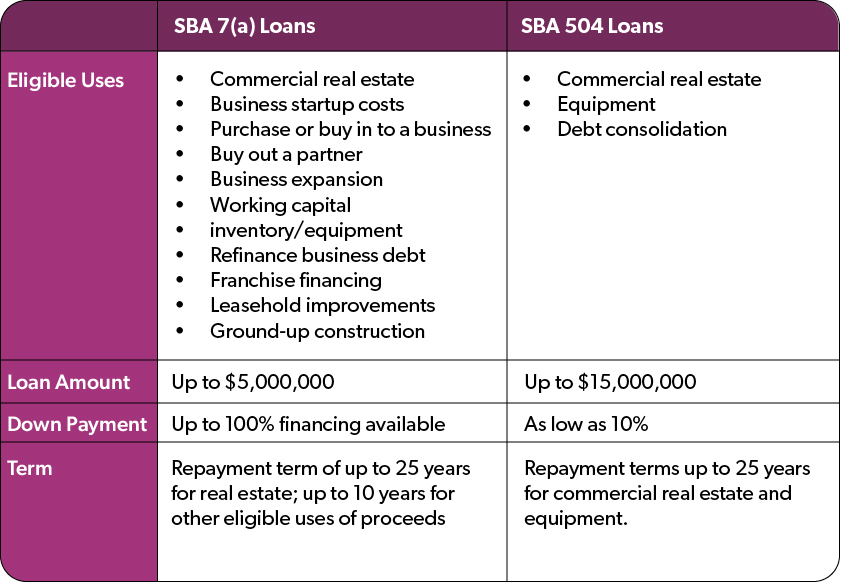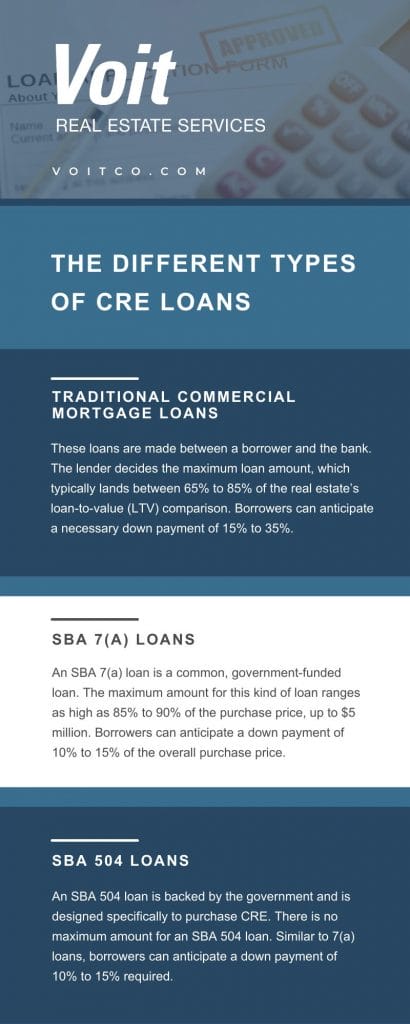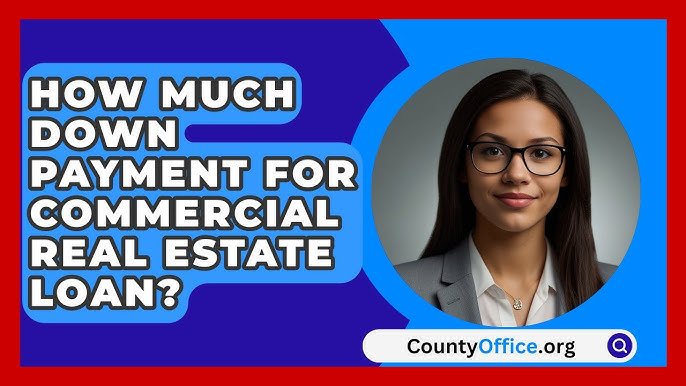Are you considering investing in commercial real estate but unsure about how much down payment you need? You’re not alone.
This is a common question for many aspiring investors. Understanding the financial requirements is crucial to making informed decisions and seizing profitable opportunities. We’ll break down the essentials of commercial real estate down payments in a straightforward way. You’ll discover how much you really need, what factors influence the amount, and how you can strategically plan your finances.
Stay with us as we unravel the mysteries of commercial real estate investments, empowering you to take confident steps towards your financial goals.
Importance Of Down Payment
A down payment is the money paid upfront. It shows you can afford the property. Lenders ask for this money first. It helps reduce risk. They want to see your commitment. A bigger down payment means less loan. It can lower monthly payments too. Smaller payments are easier to manage. You might get better interest rates. This saves money over time. Paying more upfront shows you are serious. It makes you a trustworthy buyer. Sellers feel more secure with you. Properties can be expensive. Saving for the down payment is smart. It helps you in the long run.

Factors Influencing Down Payment Amount
The type of property affects the down payment. For example, a retail store may need a different amount than an office building. Some properties might be riskier for lenders. This can lead to a higher down payment. Always check what type of property you are buying.
Different loans mean different down payments. A traditional loan might require more money upfront. SBA loans can sometimes need less. Understand your loan type and its needs. This helps in planning your payment.
A good credit score can lower your down payment. Lenders trust people with high scores. Bad scores mean higher payments. Always check your score before applying. Improve it if needed.
The market can change your payment amount. In a strong market, prices rise. This can mean higher down payments. In a weak market, it might be less. Always stay informed about market trends.
Standard Down Payment Percentages
For traditional loans, expect a 20% to 25% down payment. Lenders often require this percentage to reduce risk. This ensures you have a stake in the property. Larger down payments can lead to better loan terms. They might also lower your interest rate.
SBA loans are backed by the government. They often need a 10% to 15% down payment. This makes them attractive for small businesses. SBA loans usually offer longer repayment terms. They also have competitive interest rates.
Hard money loans are different. They often need a 25% to 30% down payment. These loans are short-term and based on property value. They are usually more expensive with higher interest rates. People use them for quick financing needs.

Benefits Of Larger Down Payments
A larger down payment means lower interest rates on your loan. This happens because lenders see less risk. It saves money over time. Lower rates mean you pay less to the bank.
With a big down payment, you get reduced monthly payments. This makes it easier to manage your budget. You have more money for other needs. It’s less stress each month.
You gain increased equity in the property right away. Equity is the part of the property you own. More equity means more value for you. It’s like having a bigger piece of the pie.
Challenges Of Meeting Down Payment Requirements
Saving enough money is hard. It takes time and patience. People need to set aside part of their income. Budgeting can help. Cutting unnecessary expenses makes a difference. Use savings accounts for better interest. Every dollar counts.
Many face economic problems. High living costs eat savings. Some earn little. This makes saving tough. Job losses add to stress. Unexpected bills pop up. People struggle to keep up. It feels like a never-ending cycle.
There are other ways to get money. Loans are an option. Some ask family for help. Crowdfunding is popular. Partnerships can also work. People combine resources. Creative thinking is key. These methods need careful planning.

Tips For Saving For A Down Payment
Create a monthly budget to track expenses. Cut unnecessary costs to save money. Use a spreadsheet or app to help you. Set specific goals for saving. Keep track of your progress. Reward yourself when you meet goals.
Invest in a low-risk savings account. Consider bonds or mutual funds. These can grow your money safely. Talk to a financial advisor. They can guide you on the best options. Diversify investments for safety.
Look into government programs for help. Some offer grants or loans. They help with down payments. Check eligibility online. Apply early to secure funds. These programs can make buying easier.
Negotiating Down Payment With Lenders
Presenting a Strong Financial Profile helps in negotiations. Show good credit scores. Share detailed financial records. Highlight steady income. This builds trust with lenders. They may offer better terms.
Exploring Loan Programs can lead to lower down payments. Different programs have varied requirements. Some need less money upfront. Research is key. Compare options carefully. Choose what’s best for your situation.
Utilizing Professional Help can make a big difference. Hire a real estate agent. They know the market well. They can negotiate on your behalf. Their experience often leads to better deals.
Common Mistakes To Avoid
Avoid assuming a standard down payment for all commercial real estate. Each property type demands a different percentage. Ignoring lender requirements can lead to financing issues. Always research market conditions and consult experts to determine the right amount.
Underestimating Costs
Many people think buying real estate is simple. But, they often forget about hidden costs. Taxes, insurance, and maintenance add up quickly. These costs can surprise you if not planned. Always have extra money set aside. This helps to cover unexpected bills. Being prepared can save a lot of trouble.
Ignoring Market Trends
Some investors do not watch the market closely. They miss important changes. Market trends help predict future prices. Knowing these can lead to smart buying decisions. If trends are ignored, you might buy at the wrong time. This could lead to losses. Stay informed to make wise choices.
Over-leveraging Finances
Borrowing too much money can be risky. It seems easy at first, but loans must be repaid. High debt can lead to stress. If the market drops, paying back loans is hard. Keep debt low to stay safe. Smart planning keeps finances healthy.
Frequently Asked Questions
What Is A Typical Down Payment For Commercial Property?
The typical down payment for commercial real estate ranges from 15% to 35%. This depends on various factors like property type, lender requirements, and buyer’s creditworthiness. A higher down payment often results in better loan terms.
How Does Credit Score Affect Down Payment?
A higher credit score can lower the required down payment. Lenders trust borrowers with good credit, reducing risk. This means you might secure a loan with a smaller down payment, saving you money upfront.
Can Down Payment For Commercial Real Estate Be Negotiated?
Yes, down payments can often be negotiated with lenders. Strong financial profiles or collateral can lead to favorable terms. It’s essential to discuss your options with your lender to understand potential flexibility.
Are There Programs For Low Down Payments?
Yes, some government-backed programs offer lower down payments. These programs aim to support businesses in acquiring commercial real estate. Research available options and consult with a financial advisor to explore eligibility.
Conclusion
Calculating the right down payment is crucial for commercial real estate. It impacts your financial plan and future returns. Research your options and consult experts. Every investment opportunity is unique. Factors like property type and location matter. Prepare thoroughly before making decisions.
This helps avoid future financial stress. Understand lenders’ requirements and market trends. This knowledge leads to better choices. Confidence in your investment journey grows. With careful planning, you can achieve your commercial real estate goals. Start small, dream big, and make informed choices.
Your future in real estate awaits.


